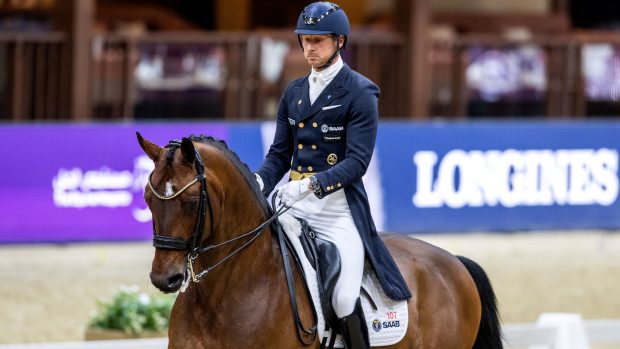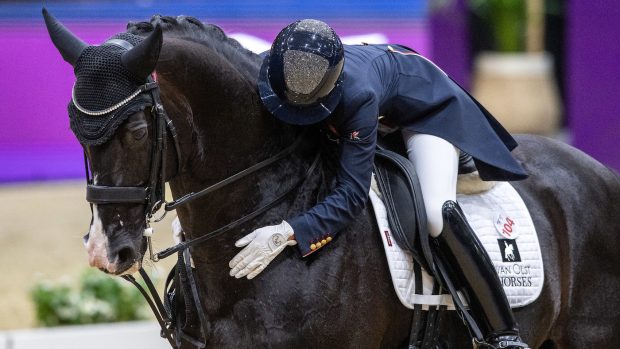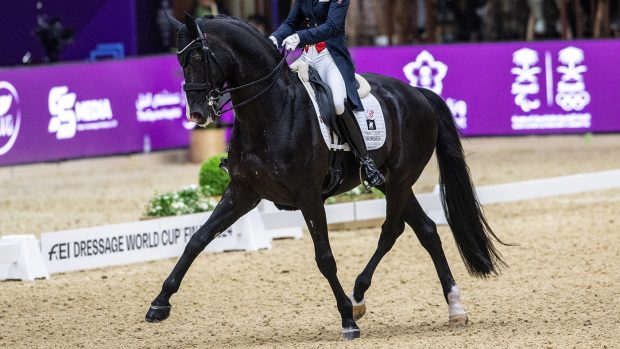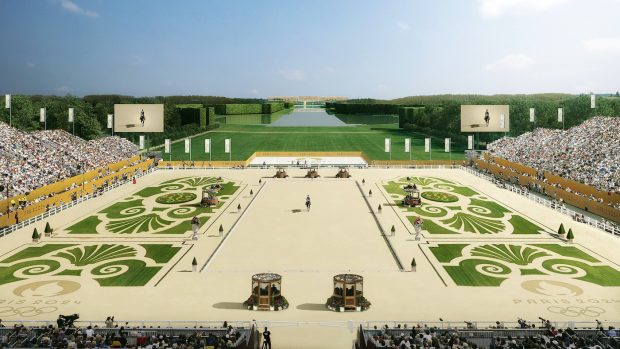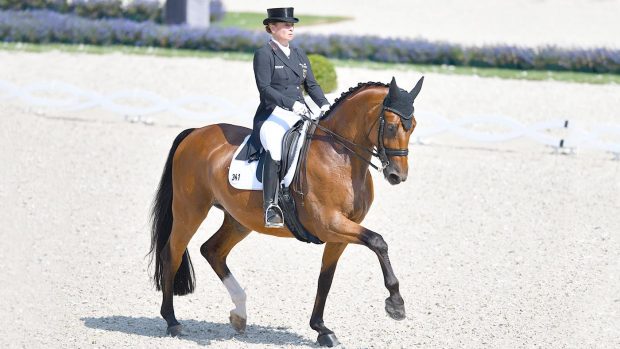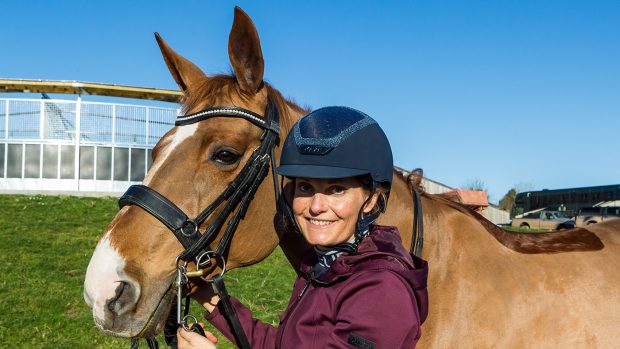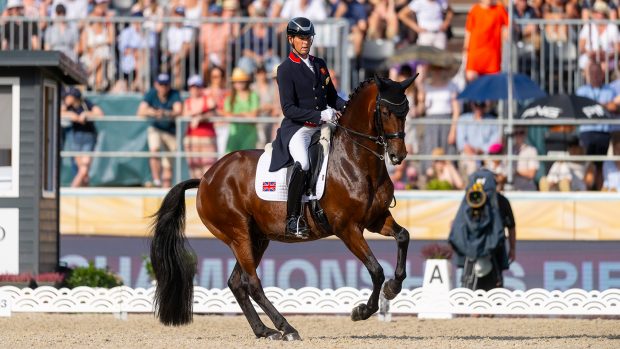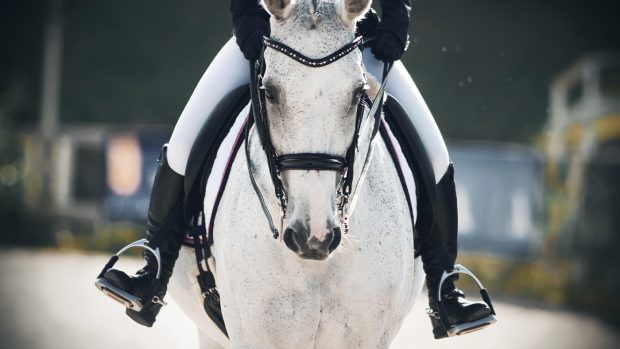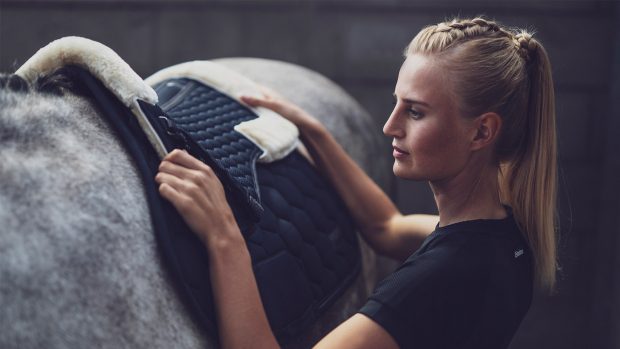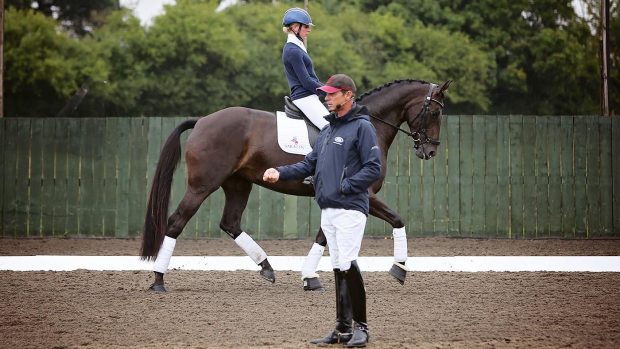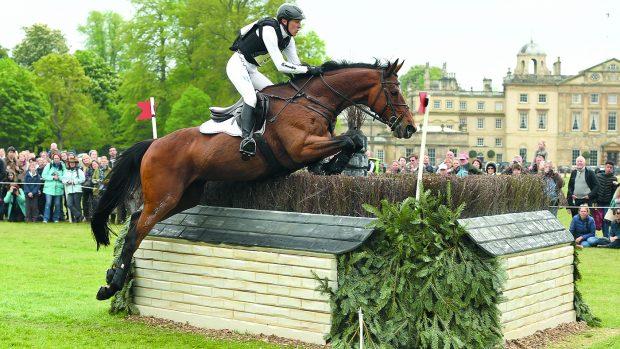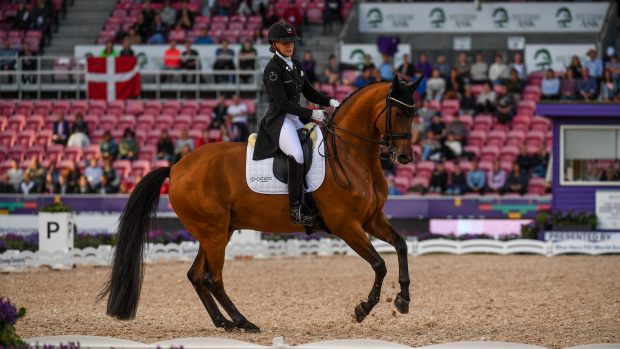Dressage
Dressage top stories
-
 News
News -
 News
News‘Extremely unlucky’ says vet after Lottie Fry eliminated at dressage World Cup Final
-
-
 News
NewsChampionship title changes hands as rider with duplicate memberships ineligible to compete
-
 Dressage
DressageWhat is shoulder-in, and how can it help my horse?
Shoulder-in is a useful exercise to increase suppleness in the horse. Here we look at the aids, common problems and how to rectify them
-
 News
News‘He’s so happy when I say “good job”’: Lottie Fry takes control of World Cup Final
-
 News
NewsFinal chance to get your hands on Paris 2024 Olympic tickets
-
 Features
FeaturesHow to watch the FEI World Cup Final: your full armchair guide
-
 News
News‘As always, our horses lead the way’: World Cup Final favourite withdraws through injury
Dressage opinion from H&H columnists
Tack and clothing
-

Technical stirrups — what’s on the market?
-

Great stirrup options for flatwork and dressage
-
-

What to wear at dressage competitions
-

10 stylish pairs of men’s competition breeches to suit all budgets
-

8 half pads to consider to help perfect your saddle setup
-

A selection of dressage squares for competition and everyday training
Training tips
-

8 training gems from Carl Hester that could transform your dressage scores
-

Horses’ instincts, saddles and cooling down: 13 training tips from Ingrid Klimke
-
-

The scales of training explained for horse riders of all levels
-

‘The more we reward, the more we’re going to get back’: Cathrine Laudrup-Dufour’s top training tips
All about dressage
The sport of dressage involves horse and rider performing a pre-set pattern of movements appropriate to their current level of training. In freestyle competitions riders have to perform set movements, but can do so in any order and at any place in the judging arena and this is set to the rider’s choice of music.
In order to compete successfully in dressage, the horse must be expressive yet obedient and able to maintain the correct body form without any signs of stiffness. The sport has been described by the layman as ‘equine ballet’ and ‘dancing horses’.
Competition in the UK, which is overseen by governing body British Dressage, starts at intro level, where only walk and trot movements are performed, right through to grand prix, which is the level seen at the Olympic Games.
There are dressage competitions available for disabled riders, although some of the top para dressage riders also compete in able-bodied competitions. Britain has an outstanding record in international para dressage championships.
